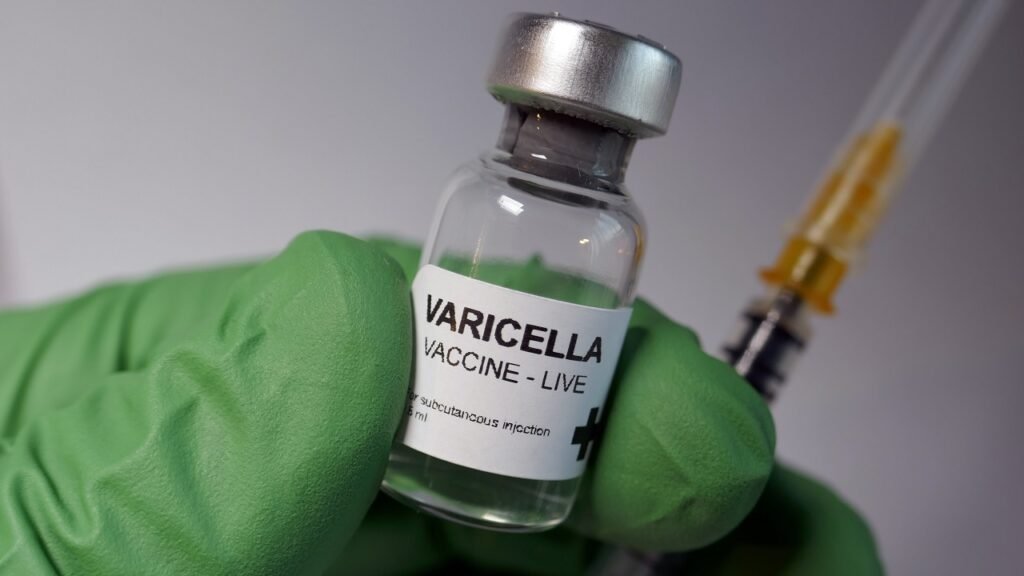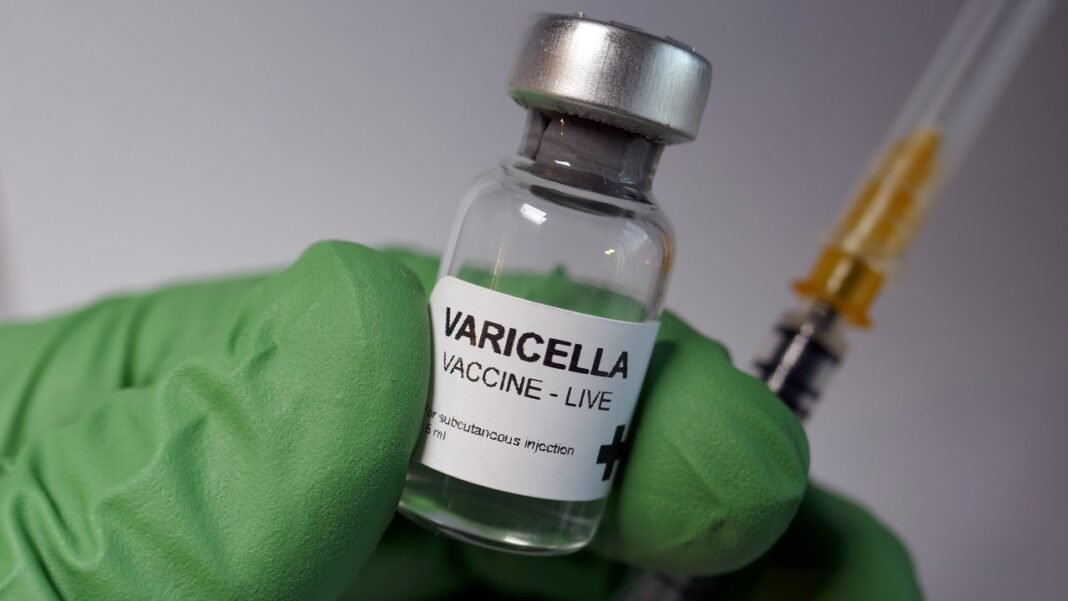In the early 1950s, a small but revolutionary medical breakthrough changed the way we prevent one of the most common childhood illnesses. The world’s first chickenpox vaccine was created by Dr. Maurice Hilleman, an American scientist and physician who went on to develop eight other vaccines for deadly diseases such as mumps, measles, and rubella. In this blog post, we will explore the history and science behind this pioneering vaccine that has saved countless lives since its creation over 65 years ago. We will also explore how it works and what’s next in terms of preventing chickenpox and other infectious diseases.

What is chickenpox?
Chickenpox is a contagious viral infection that causes an itchy, blister-like rash. The virus is spread through the air, and can be passed from person to person through coughing or sneezing. Chickenpox is most commonly seen in children, but can occur in adults as well. The infection usually lasts for about a week, and can lead to serious complications such as pneumonia or encephalitis.
Most people who contract chickenpox will recover without any long-term effects. However, the virus can be dangerous for some people, particularly infants, pregnant women, and those with weakened immune systems. Chickenpox can also be deadly for people over the age of 70.
The best way to prevent chickenpox is through vaccination. The chickenpox vaccine is safe and effective, and is recommended for all children aged 12 months or older.
Why is the vaccine important?
The vaccine is important because it can help protect people from chickenpox, which is a serious and sometimes fatal disease. The vaccine is also important because it can help prevent the spread of chickenpox to others who are not vaccinated.
How does the vaccine work?
The varicella zoster virus (VZV) is the cause of chickenpox. The live, attenuated vaccine (Varivax) works by causing your body to produce an immune response against the VZV. The vaccine helps your body build up immunity to the VZV so that if you are ever exposed to it, you are less likely to get chickenpox. The vaccine is made from a weakened form of the VZV that can not cause chickenpox. However, because it is live, it can still spread from person to person. That is why it is important for people who have never had chickenpox or have not been vaccinated to avoid contact with someone who has been vaccinated.
What are the side effects of the vaccine?
There are some side effects associated with the chickenpox vaccine, but they are typically mild and go away on their own within a few days. The most common side effect is a sore arm from the injection site. Other possible side effects include:
- Fever
- Headache
- Nausea
- Vomiting
- Diarrhea
- Rash
When should I get the vaccine?
The answer to this question depends on a few different factors. The first is whether or not you have had chickenpox before. If you have, then you are considered immune and do not need the vaccine. If you have not had chickenpox, or if you are unsure if you have, then the recommended age to get the vaccine is between 12 and 15 months old. There are also certain medical conditions that may warrant getting the vaccine earlier or later than the recommended age. Talk to your doctor to see if the chickenpox vaccine is right for you.
Where can I get the vaccine?
There are currently two types of chickenpox vaccines available in the United States. The first is called the varicella vaccine, which is given as a shot. The second is called the varicella-zoster vaccine, which is a live virus vaccine that is given as a shot.
The varicella vaccine is recommended for all children between the ages of 12 and 15 months old. The varicella-zoster vaccine is recommended for all adults over the age of 60.

